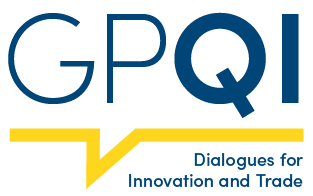1. THREE QUESTIONS FOR... Sabine Reinkober, National and International Accreditation Policy Consultant at the National Accreditation Body for the Federal Republic of Germany (DAkkS)
What do you find most interesting about your new position at DAkkS?
DAkkS deals with an incredible range of topics – from artificial intelligence and digitalisation, cyber security, sustainability, energy issues, and fuels or emissions trading to forensics, medicine, construction, toys and other consumer goods, waste treatment, recycling, or machinery safety. This is just a small sample of the immense diversity of branches where accreditation plays a role. Accreditation provides the necessary supervision over conformity assessment bodies and monitors if they have the competence for the services they offer. It makes products safer, protects consumers and creates trust in the quality of products, people, and services.
The pandemic accelerated the uptake of digitalisation in conformity assessment. How does this affect accreditation and the work of DAkkS?
The pandemic had a huge impact on all of us and deeply changed how we work together. Travel bans and lockdowns made it difficult for DAkkS to visit the conformity assessment bodies and to carry out the assessments that are necessary to issue or extend accreditations. Therefore DAkkS has begun to use video tools as part of its continuous monitoring of accreditations that have already been granted. Remote assessments have now become an established tool of accreditation and DAkkS constantly works on improving its methods.
Where are opportunities for the collaboration with international partners on issues of accreditation and conformity assessment as part of GPQI?
We at DAkkS currently deal with lots of new topics that affect all countries in the world like sustainability, circular economy, cyber security, data protection or digitalisation. We actively address new challenges and develop new digital tools such as an electronically verifiable and machine-readable accreditation symbol (DAkkS-PKI) for digital attestations (eAttestations) - for digital calibration certificates or laboratory reports. We are also leading a dialogue on information security management systems and data protection with the accreditation body ema in Mexico within the frame of GPQI. We highly appreciate sharing experiences and knowledge with our international partners to develop the best solutions and exchange best practices. Just recently, we took part in GPQIs online exchange about conformity assessment and accreditation in Indonesia and Germany. Moreover, we presented our work on digital attestations at a conference in India as part of GPQI. With such initiatives, we strengthen international cooperation and raise mutual understanding.

Sabine Reinkober

2. EVENTS
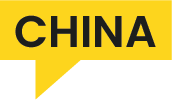
PREPARATORY MEETING OF THE CHINESE-GERMAN DIALOGUES ON CONFORMITY ASSESSMENT AND ACCREDITATION AND ON PRODUCT SAFETY AND MARKET SURVEILLANCE
2022-12-02, 09:00-11:00 (UTC+1) / 16:00-18:00 (UTC+8); Berlin/Online
The German Federal Ministry for Economic Affairs and Climate Action (BMWK) is conducting bilateral dialogs with Chinese partner ministries on quality infrastructure. The cooperation enables the German industry to respond to technical market access barriers and make even better use of opportunities in the Chinese market. At the same time, it makes it possible to address challenges to market surveillance, consumer protection and competition posed by non-compliant and unsafe products directly with Chinese partners.
The event will be held in German. If you cannot participate in the event, please feel free to approach GPQI China with your inputs and comments regarding accreditation/conformity assessment and/or product safety/market surveillance.
Please make sure to register here. Further details and the agenda will be shared with the registered participants before the date of the event.

PREPARATORY MEETING OF THE 5TH ANNUAL MEETING OF THE GERMANY-BRAZIL WORKING GROUP ON QUALITY INFRASTRUCTURE
2022-12-07, 14:00-16:00 (UTC+1) / 10:00-14:00 (UTC-3); Berlin/Online
German companies and QI institutions are cordially invited to present and reflect on existing challenges and concrete goals for technical and political dialogues in 2023. The discussion will serve as a basis for the 2023 Work Plan of the Germany-Brazil Quality Infrastructure Working Group, which will be signed during the Annual Meeting on 12 March 2023, back-to-back to the German-Brazilian Business Days.
Please make sure to register here. Further details and the agenda will be shared with the registered participants before the date of the event.
3. NEWS FROM OUR PARTNER COUNTRIES
QUALITY INFRASTRUCTURE DRIVES INNOVATION

The QI system is an important basis for technical innovations, f.e. in renewable energies. © metamorworks / Shutterstock
Quality infrastructure (QI) is an important component of innovation policy. With standards, rules and procedures, the QI system accompanies new discoveries and innovations into the market. QI integrates participants and knowledge. Spreading digitalisation and emerging technologies such as artificial intelligence (AI) highlight the need for modern and well-functioning QI. Read more...

GPQI PARTICIPATES IN THE INDUSTRIAL TRANSFORMATION MEXICO FAIR 2022
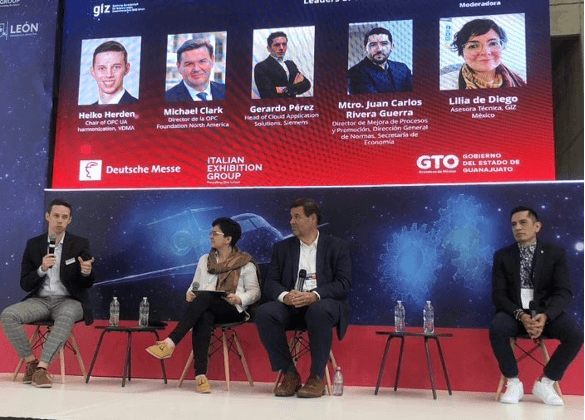
Heiko Herden (VDMA) explains OPC UA standard, joined by Michael Clark (OPC Foundation), Gerardo Pérez Lechuga (Siemens Mexico) and Lilia de Diego (GPQI). © GPQI-GIZ
2022-11-30
On 06 and 07 October, German and Mexican stakeholders from the industry and standardisation bodies participated in the Industrial Transformation Mexico (ITM) fair 2022. They discussed the importance of internationally harmonised standards for a Global Production Language (GPL), the circular economy and electromobility. Read more...

Brazil's Ministry of Economy publishes first assessments with the Regulatory Quality Label
The referred analysis may contribute to achieving high-quality regulations within the international regulatory scenario. © Lukas / Pexels
2022-11-30
The Brazilian Ministry of Economy (Ministério da Economia – ME) has published the first assessments on the Regulatory Quality Label, incorporating criteria such as regulatory quality, social participation, and predictability on normative acts in Brazil. Read more...
10th Annual Meeting of the Sino-German Standardisation Cooperation Commission (SGSCC)
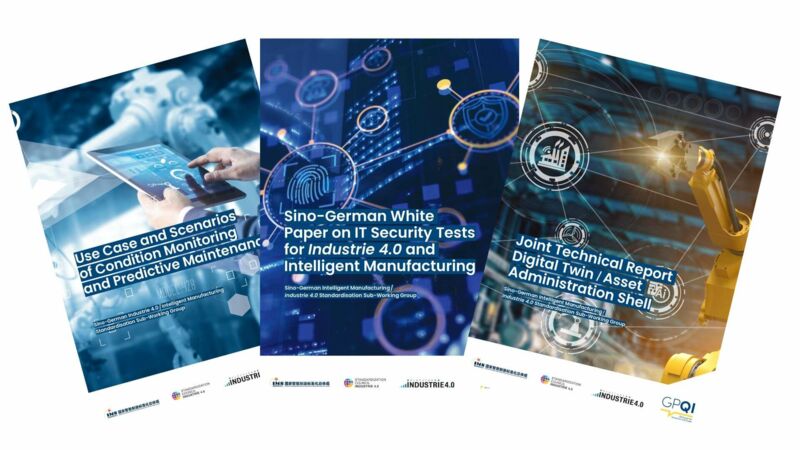
Elaborated publications of the SWGs in the context of the 10th annual meeting of the SGSCC. © GPQI-GIZ
2022-11-28
Up to 100 representatives of standardisation organisations, enterprises, industry, and conformity assessment bodies gathered virtually on 21 November for the 10th SGSCC Plenary Session. Read more...

THIRD INDO-GERMAN EXCHANGE ON GLOBAL PRODUCTION LANGUAGE

Industrie 4.0 in manufacturing: OPC UA is an important prerequisite for successful communication between machines © Nataliya Hora / Shutterstock
2022-11-23
German and Indian experts exchanged views on standardisation approaches and activities for seamless and secure machine-to-machine (M2M) communication. A Global Production Language (GPL) defines a grammar and vocabulary for information exchange. This provides an important prerequisite for the intelligent networking of machines and processes. Read more...
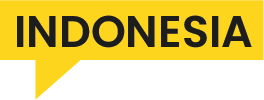
EXCHANGE ON CONFORMITY ASSESSMENT AND ACCREDITATION: SECURING PUBLIC TRUST IS KEY
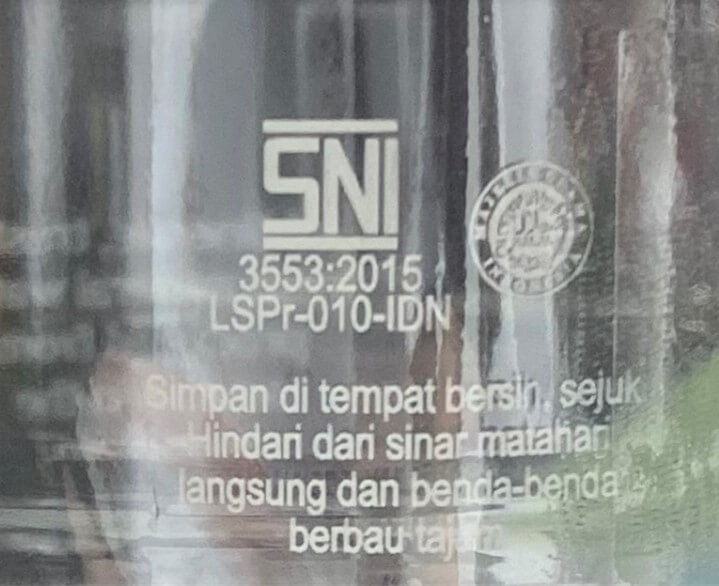
© Céline Maria Becker / GPQI-GIZ
2022-11-11
GPQI organised an online exchange on conformity assessment and accreditation. Participants learned about how these two elements of quality infrastructure work in Indonesia and Germany. The exchange strengthened the bilateral cooperation and raised mutual understanding. Read more...
4. PUBLICATIONS

Joint Technical Report Digital Twin / Asset Administration Shell

Cover of the publication. © Oliver Hick-Schulz / GPQI - GIZ
The "Joint Technical Report Digital Twin/Asset Administration Shell" gives an overview of the collaboration and various standardisation activities related to Digital Twin (DT) and Asset Administration Shell (ASS). It provides information on the status of work and potential mutual approaches in China and Germany. The report also presents exemplary use cases and core national and international DT stakeholders and technologies.
You can read and download it here.

Use Case and Scenarios of Condition Monitoring and Predictive Maintenance
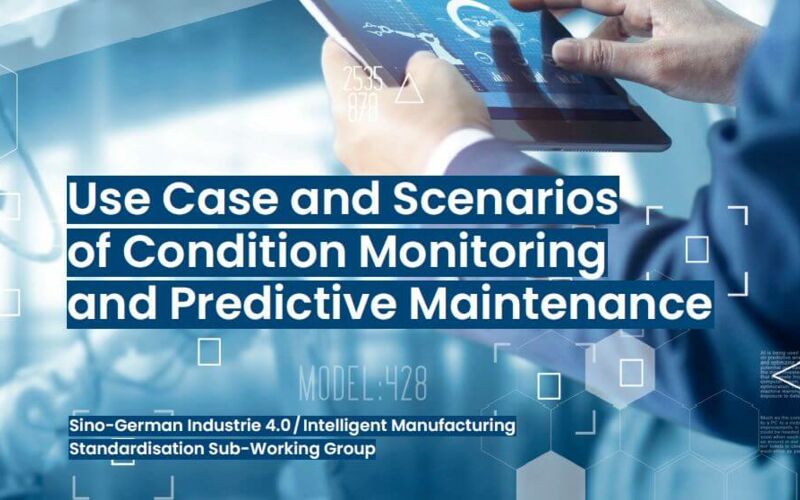
Cover of the publication. © Oliver Hick-Schulz / GPQI - GIZ
The report “Use Case and Scenarios of Condition Monitoring and Predictive Maintenance” provides basic reference and guidance for the implementation of predictive maintenance. This is done by exploring nine use cases of CM & PM for a workshop or plant and 22 CM & PM scenarios for assets.
You can read and download it here.

Sino-German White Paper on IT Security Tests for Industrie 4.0 and Intelligent Manufacturing
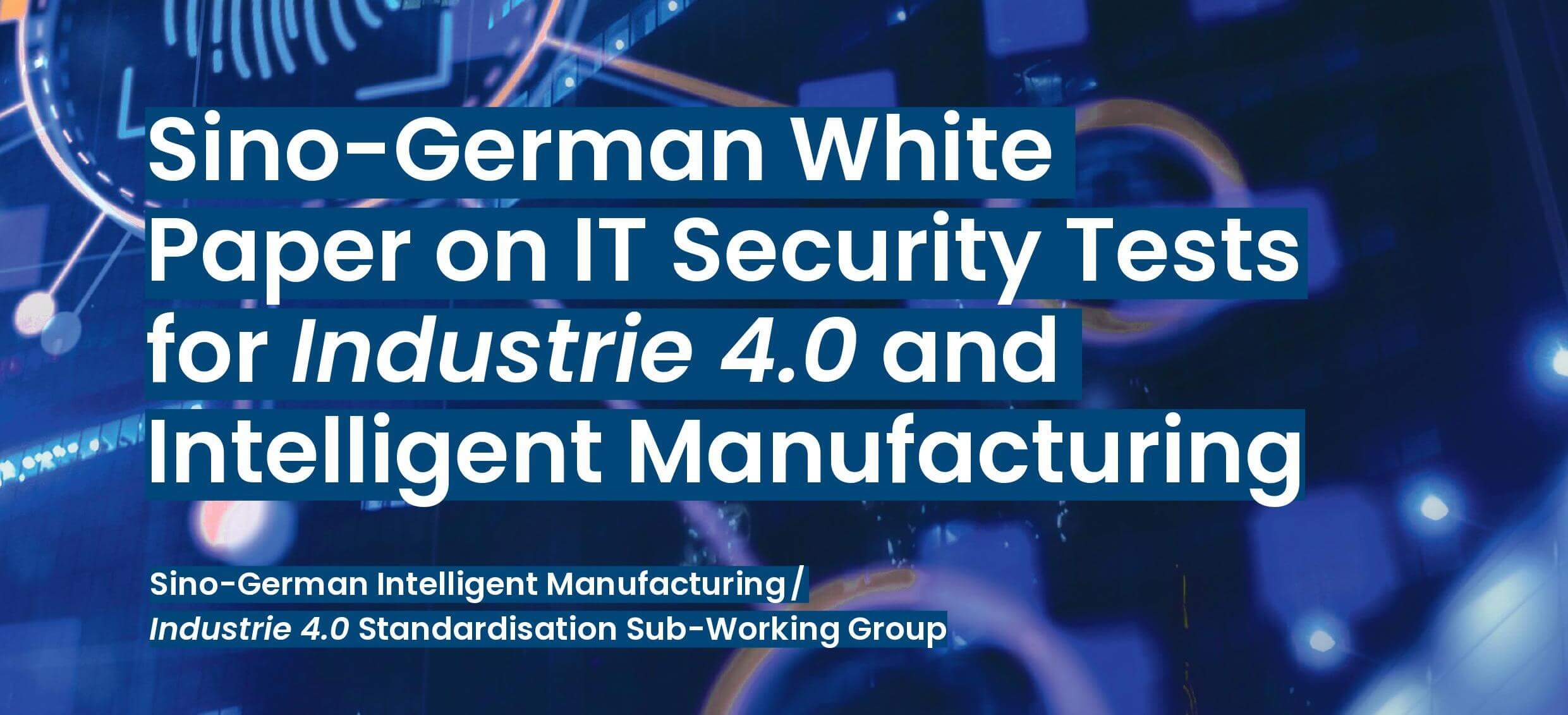
Cover of the publication. © Oliver Hick-Schulz / GPQI - GIZ
The “Sino-German White Paper on IT Security Tests for Industrie 4.0 and Intelligent Manufacturing” addresses these new requirements and challenges for security testing in Industrie 4.0/Intelligent Manufacturing. It also considers security testing solutions from specific technical domains based on international and domestic (incl. CHN/DEU) security test guidance and standards.
You can read and download it here.

OVERVIEW OF BRAZIL'S QUALITY INFRASTRUCTURE SYSTEM
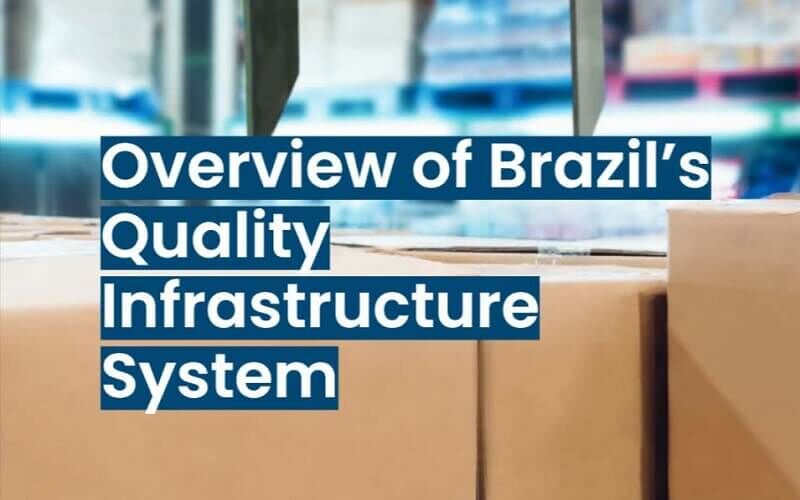
Cover of the publication. © Oliver Hick-Schulz / GPQI - GIZ
A country’s Quality Infrastructure (QI) is composed of a complex system of public and private institutions. These institutions collaborate to bring harmonisation to products, increase competitiveness, trade, and facilitate technological advancements. This way, a well-functioning QI can underpin economic development and support policy goals. The QI system has an impact on both producers and consumers in areas ranging from safety and health to climate change mitigation and market opportunities.
Read and download the publication about the Brazilian QI system here.

|

